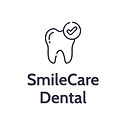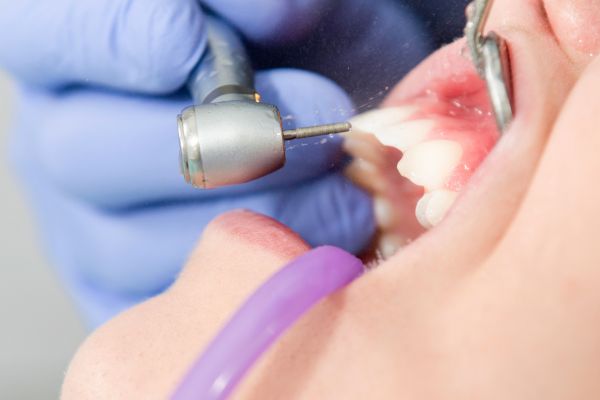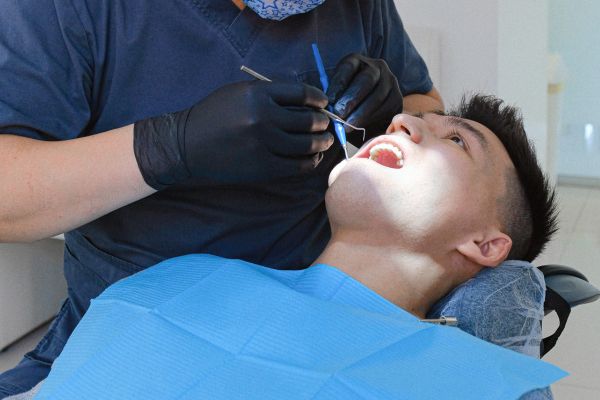What Does Teeth Upkeep Really Mean?
Teeth upkeep is just a way of saying keeping your teeth healthy! By doing a couple tasks everyday you can keep your mouth healthy and keep you healthy!
Why Are These Tasks So Important?
They are vital to preventing problems such as gum disease, cavities and bad breath. Good oral health is also a basis for keeping the rest of your body healthy, by preventing infection and reducing risks of heart disease! Let’s go through 5 of these best practices.
1. Brush Twice A Day
Brushing your teeth is more than just a scrub with a toothbrush, it’s about proper technique and consistency. You should be brushing at least twice a day, ideally in the morning and before bed, using fluoride toothpaste to help strengthen enamel and fight cavities. A soft-bristled toothbrush is best, as hard bristles can wear down your enamel and irritate your gums. Make sure to brush for at least two minutes, covering all surfaces of your teeth, and don’t forget to clean your tongue! Bacteria love to linger there, contributing to bad breath and plaque buildup.
2. Flossing Daily
Flossing is one of the most overlooked steps in oral care, yet it’s just as important as brushing. Your toothbrush can’t reach the tight spaces between your teeth, making flossing essential for removing trapped food particles and plaque buildup. Flossing once a day, preferably before brushing, helps prevent cavities, gum disease, and bad breath. If regular flossing feels like a hassle, consider using floss picks for an easier and more convenient option. Taking the time to floss daily can make a huge difference in your oral health.
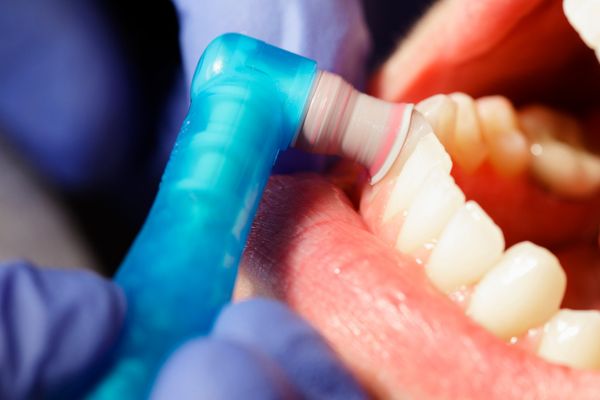
3. Mouthwash
While mouthwash isn’t a substitute for brushing and flossing, it adds an extra layer of protection by killing bacteria and freshening your breath. Using an antibacterial or fluoride mouthwash can help reduce plaque, prevent gum disease, and strengthen enamel. For best results, swish it around your mouth for at least 30 seconds and avoid eating or drinking for about 30 minutes afterward. This gives the active ingredients time to work and protect your teeth.4. Eating Right
Your diet plays a major role in your dental health. Eating crunchy fruits and vegetables, such as apples, carrots, and celery, naturally helps clean your teeth while providing essential nutrients. Calcium-rich foods like dairy products, leafy greens, and nuts help strengthen your enamel and bones. On the flip side, sugary and acidic foods can contribute to tooth decay and enamel erosion. Try to limit the amount of soda, candy, and sticky snacks that you eat. If you do have some sweets, rinse your mouth with water afterward to help wash away lingering sugars and acids.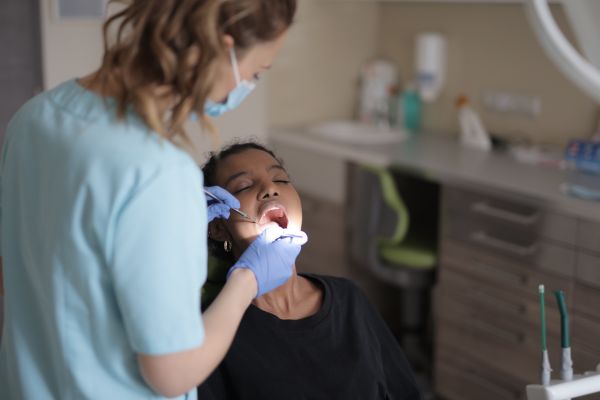
5. Drink Lots of Water
Staying hydrated is not only good for your overall health but also great for your teeth. Drinking plenty of water throughout the day helps wash away food particles, bacteria, and acids that can lead to decay. If possible, use fluoridated water, which helps strengthen your enamel and prevent cavities. Unlike coffee, tea, or sugary drinks, water doesn’t stain your teeth or contribute to enamel erosion. Drinking water regularly, is one of the simplest and most effective ways to maintain good oral health.What to Do If You Think You Have a Cavity
If you notice any of these warning signs, don’t wait—early detection can prevent serious dental issues. Learn more about cavities and treatment options here.
By understanding what a cavity feels like and spotting the early signs, you can take steps to protect your oral health. Schedule a dental checkup today to keep your smile strong and cavity-free!
